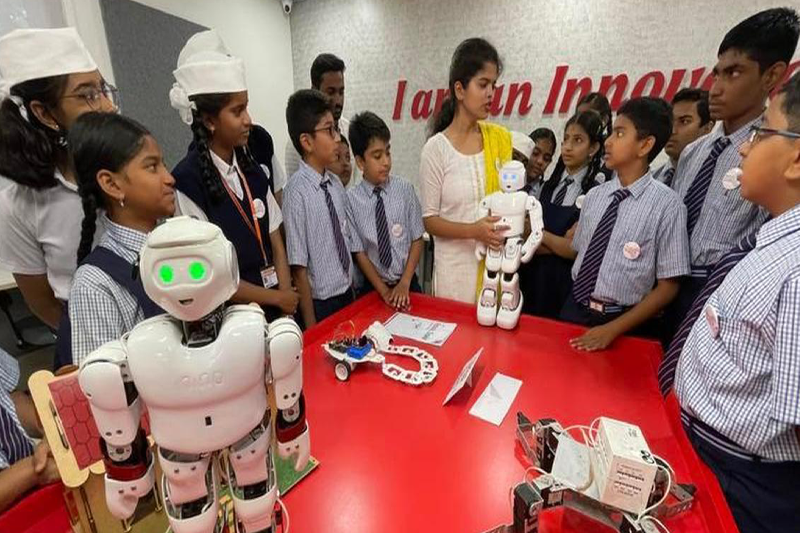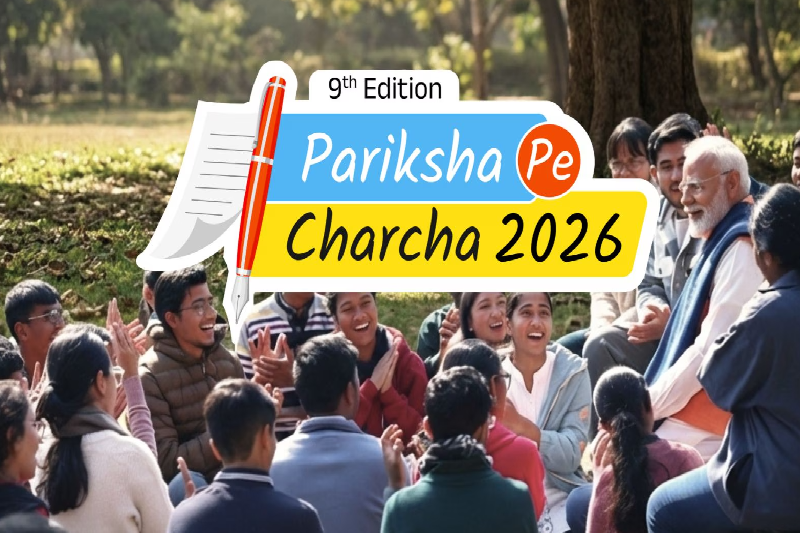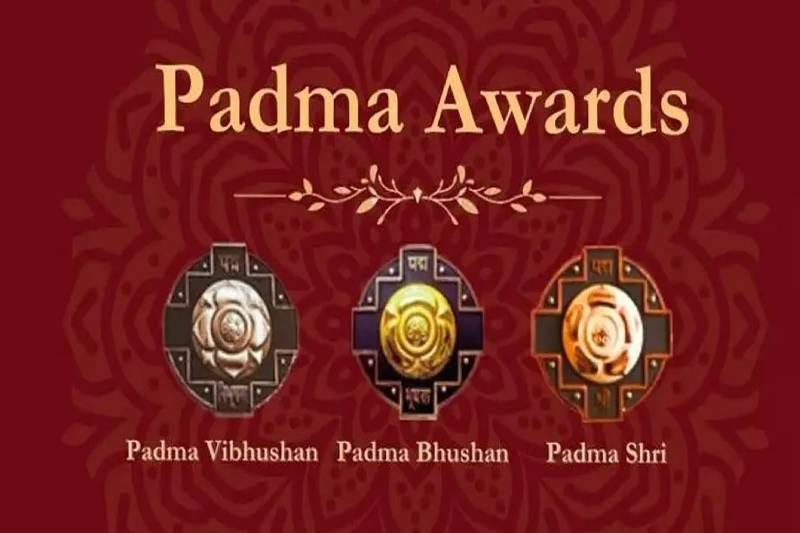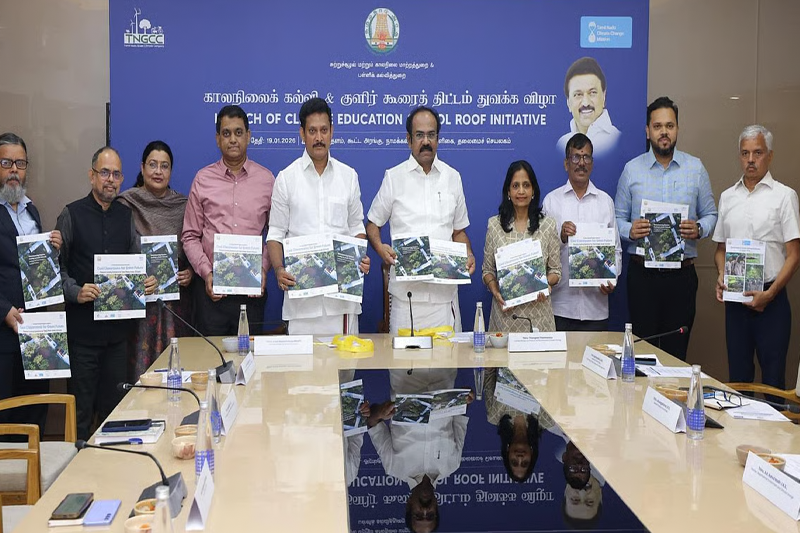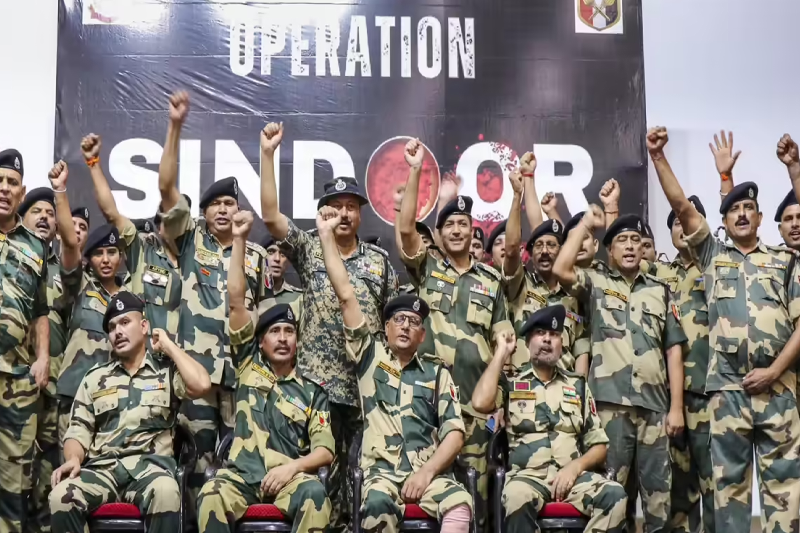
NCERT's New Module Brings Operation Sindoor and India’s Defence, Space, and Environmental Achievements into Classrooms
In a landmark move aligning with the National Education Policy (NEP) 2020, the National Council of Educational Research and Training (NCERT) is preparing a special educational module on Operation Sindoor, a celebrated symbol of India’s military readiness and strategic strength. Slated for rollout soon, the module will be integrated into the school curriculum for students from Classes 3 to 12, aiming to foster awareness about India’s defence capabilities, scientific progress, and environmental consciousness.
Sources in the Ministry of Education confirmed that the initiative is already underway, with content development in advanced stages. The upcoming module, estimated to span 8 to 10 pages, will be crafted in two segments to suit different cognitive levels—one designed for Classes III to VIII and the other for Classes IX to XII.
Why Operation Sindoor Matters: A Lesson in Strategy and National Security
‘Operation Sindoor’ will take centre stage in this new educational material, reflecting India’s strategic and operational prowess. Though specific details about the classified military operation remain under wraps, its integration into the curriculum signals the government’s intent to familiarise students with India’s defence preparedness and geopolitical stature.
The module is expected to highlight key moments from Operation Sindoor, drawing attention to India's ability to respond effectively to national threats and its growing influence in regional security. It will also touch upon Pakistan's recent military setbacks, framing the narrative within the broader themes of national pride, sovereignty, and resilience.
Curriculum with a Contemporary Vision: Patriotism Meets Progress
The Operation Sindoor module is part of NCERT’s broader effort to blend historical, scientific, and civic education, as envisioned under NEP 2020. Officials working on the project emphasised that the content will not merely recount events but also educate students on India's evolving global position.
To that end, the module will go beyond the battlefield and include national themes that are shaping India’s future, such as:
- Mission LiFE (Lifestyle for Environment):
An initiative spearheaded by India on the global stage, Mission LiFE promotes sustainable lifestyle choices to combat climate change. Students will be introduced to how small, conscious decisions can make a big difference in environmental conservation. The module will draw parallels between national defence and the defence of our planet, encouraging a broader understanding of security.
- The Horrors of Partition:
This section will provide historical context on the trauma of India’s 1947 Partition, using age-appropriate language to help students understand the socio-political complexities that shaped modern India. By revisiting these difficult moments in history, the module aims to instill empathy, unity, and national identity.
- India’s Space Aspirations – From Earth to the ISS:
One of the module's most inspiring parts will be the story of Group Captain Shubhanshu Shukla, who recently made history by becoming the first Indian to visit the International Space Station (ISS). His journey will be presented as a shining example of India’s technological advancement and the opportunities it offers young minds in science and space research.
- India’s Rise as a Space Power:
Students will also explore India’s broader space journey—from Chandrayaan missions to the Aditya L1 solar observatory. This section will highlight India’s contributions to space science, encouraging students to dream big and explore careers in STEM fields.
Targeted Pedagogy: Age-Specific Approach to Complex Themes
NCERT has taken special care to ensure that the module is appropriate for students' ages and learning levels. For younger classes (III to VIII), the content will be simplified using storytelling, illustrations, and relatable analogies. For senior students (IX to XII), the focus will shift to deeper conceptual understanding, critical thinking, and the socio-political context surrounding these events and achievements.
Officials indicated that the language used will remain accessible and engaging, ensuring that students retain the information and connect emotionally with the content.
Why This Matters: Shaping Future Citizens Through Education
This move represents a significant shift in India’s educational priorities—moving beyond rote learning to cultivating a sense of patriotism, environmental responsibility, historical awareness, and scientific curiosity. By integrating real-world achievements and challenges into textbooks, NCERT aims to make education more relevant, dynamic, and rooted in the national context.
Experts argue that exposing children to the realities of defence, diplomacy, and sustainability at a young age can help nurture responsible citizens who are both academically sound and socially and nationally aware.
NEP 2020’s Broader Vision in Action
This initiative is one of several measures implemented as part of NEP 2020, which advocates for a holistic, multidisciplinary, and value-based education system. The integration of Operation Sindoor and other national themes reflects the NEP’s goals of:
- Making education contextually grounded
- Fostering respect for constitutional values and national achievements
- Encouraging critical thinking, problem-solving, and creative expression
Conclusion: Patriotism in the Classroom, Empowerment for the Future
As India marches forward in defence, space, and environmental leadership, its education system is now being recalibrated to reflect these ambitions. The NCERT’s new module on Operation Sindoor, enriched with stories of national triumphs and lessons in sustainable living, is not just about textbooks—it’s about shaping the mindset of a new generation.